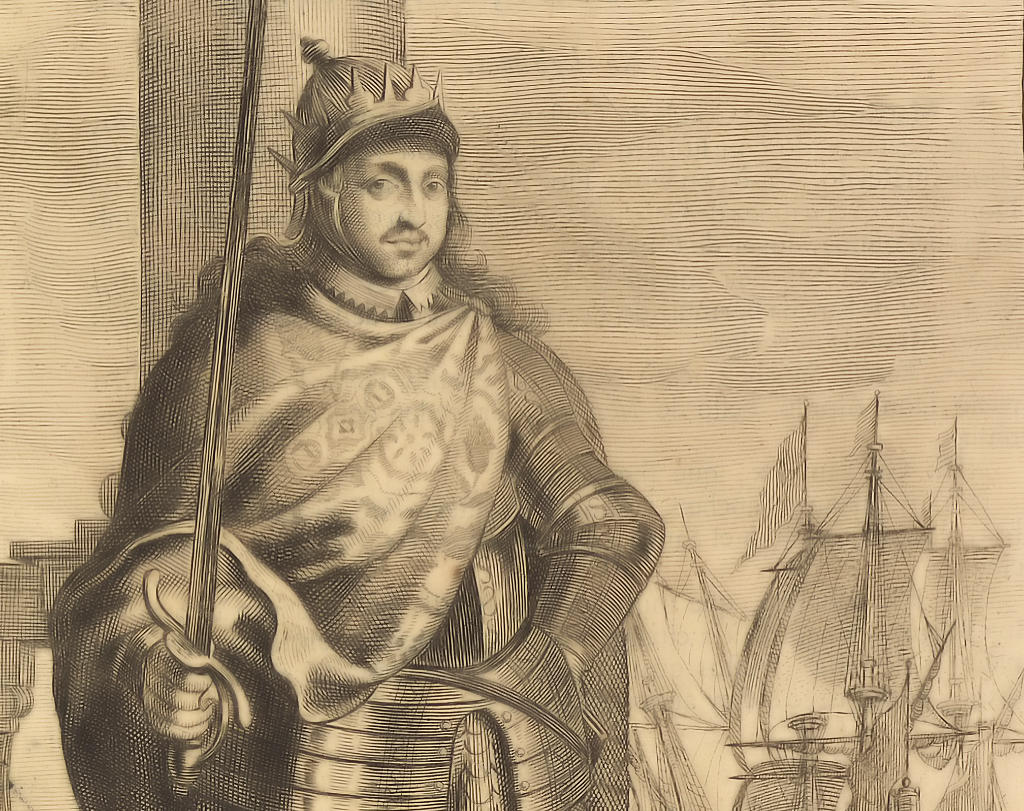Afonso II ascended the throne with a distinct approach to ruling, shifting away from aggressive territorial expansion. While his father, Sancho I, and grandfather, Afonso I, concentrated on military campaigns against neighboring kingdoms and Moorish territories, Afonso II adopted a more pacifist stance. Instead of seeking to enlarge the kingdom's borders, he aimed to ensure peace and stability within Portugal while encouraging private initiatives by noblemen and clergy to conquer Moorish towns.
The early years of Afonso's reign were marred by internal conflicts with his siblings, resulting in his decision to outlaw and exile them to maintain order and security within Portuguese borders. With military matters taking a backseat, Afonso II dedicated his efforts to centralizing power and reforming the state's administration. One of his notable achievements was the development of the first set of written laws in Portugal. These laws covered various aspects, including private property, civil justice, and coinage.
Recognizing the importance of international relations, Afonso II dispatched ambassadors to European kingdoms beyond the Iberian Peninsula. These diplomatic efforts fostered amicable commercial relations with numerous foreign powers, expanding Portugal's influence and establishing fruitful connections abroad.
Another significant aspect of Afonso II's reign was his reform initiatives regarding the relationship between the state and the Church. In order to secure recognition of Portugal's independence from the papacy, his grandfather, Afonso I, had granted extensive privileges to the Church, resulting in its growing influence within the country. Afonso II sought to curb the power of the clergy and redirect a portion of the Church's substantial revenues toward national interests. However, these actions triggered a severe diplomatic conflict with the Pope, and Afonso II was ultimately excommunicated by Pope Honorius III. Although the king expressed intentions to reconcile with the Church, his death in 1223 in Coimbra prevented any substantial progress in this regard.
In 1206, Afonso II married Urraca, the daughter of Alfonso VIII of Castile and Eleanor of England. Their union solidified ties between Portugal and Castile while maintaining a lineage tracing back to King Alfonso VI of León. The royal couple bore several children, including Sancho II, who succeeded his father as the king of Portugal, Afonso III, who would also ascend to the throne, Eleanor, who became the queen of Denmark, and Ferdinand, who held the title of Lord of Serpa. Additionally, Afonso II had two illegitimate sons, João Afonso and Pedro Afonso, the latter of whom accompanied his brother in the conquest of Faro and fathered an illegitimate daughter named Constança Peres.
Afonso II's mortal remains were initially interred at the Monastery of Santa Cruz in Coimbra. According to his wishes, his body was later transferred to the Alcobaça Monastery, where he and his wife, Queen Urraca, found their final resting place in the Royal Pantheon.
King Afonso II's reign left a lasting impact on Portugal's history. His focus on governance, legal reform, and international relations set the stage for subsequent monarchs and shaped the nation's trajectory. Afonso II's commitment to internal stability, administrative structure, and diplomatic engagement exemplifies his legacy as a visionary monarch and reformist leader whose contributions to Portugal endure to this day.



